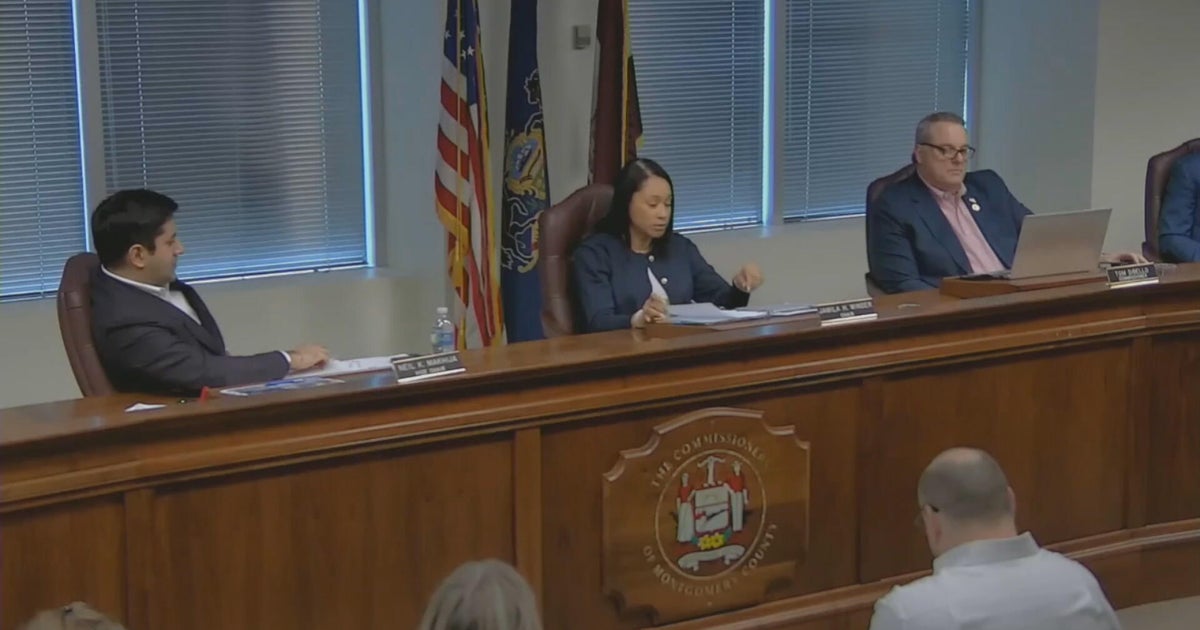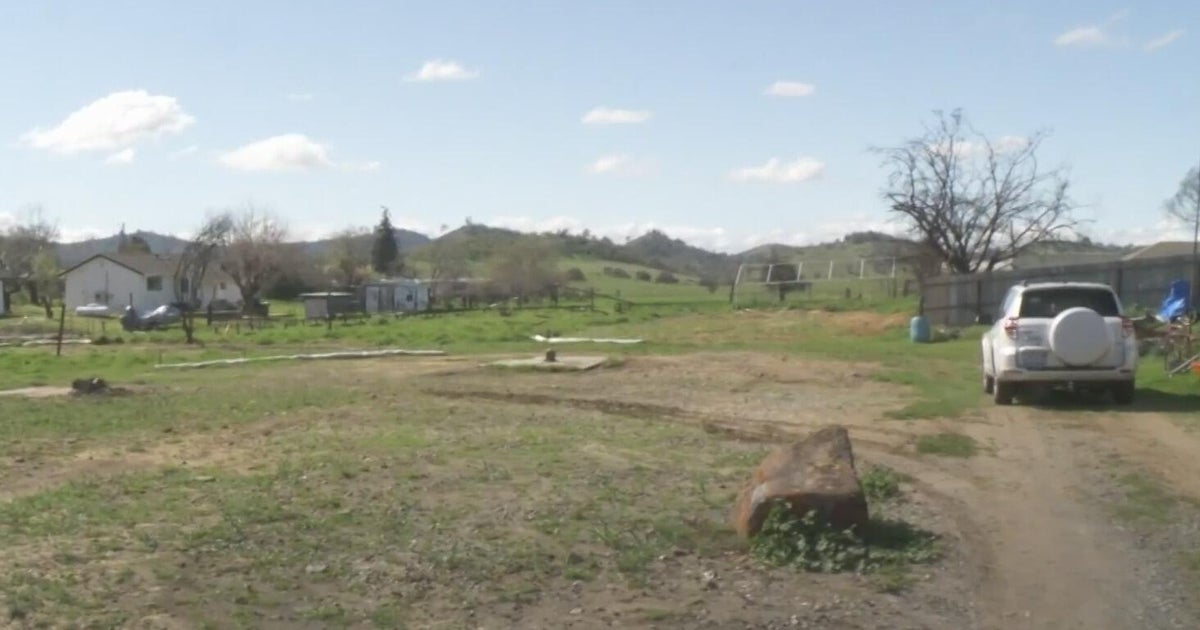Tarrant County Program Aims To Help Residents With Delinquent Property Taxes
FORT WORTH (CBSDFW.COM) - As part of the American Rescue Plan, some Tarrant County property owners will now have access to a program aiming to help with delinquent property taxes.
"The release of these funds is very timely and has already helped taxpayers in a test county in Texas, and Tarrant is an early adopter to benefit our taxpayers," said Tax Assessor-Collector Wendy Burgess. "Please apply online today if you qualify before the program ends or runs out of money."
The program, which is administered through the Texas Department of Housing and Community Affairs, aims to help homeowners avoid foreclosure associated with financial hardship during the COVID-19 pandemic.
Homeowners can apply for up to $25,000 that can cover delinquent property taxes and mortgage payments. The funds can also be applied to eligible court costs, abstract fees and other suit-related fees. Basic eligibility guidelines and required documents include the following:
- Evidence of delinquency (delinquent tax statement, notice from tax attorney).
- Late on one or more payments: property tax, mortgage, property insurance, HOA/condo fees.
- Household income at or below 100% Area Median Income or 100% of the median income for the U.S., whichever is greater.
- Own and occupy a home in Texas as a primary residence with an existing homestead exemption in place with the Appraisal District.
- Experienced a qualified financial hardship after Jan. 21, 2020 (lost income or increased expenses resulting from the pandemic).
- Include an approved form of ID, driver license, Social Security card, military ID, state ID, birth certificate.
- Verified income statement (W2, IRS Form 1099, tax return, pay stub, employer attestation).
Learn more online or call 833-651-3874 for more information.







